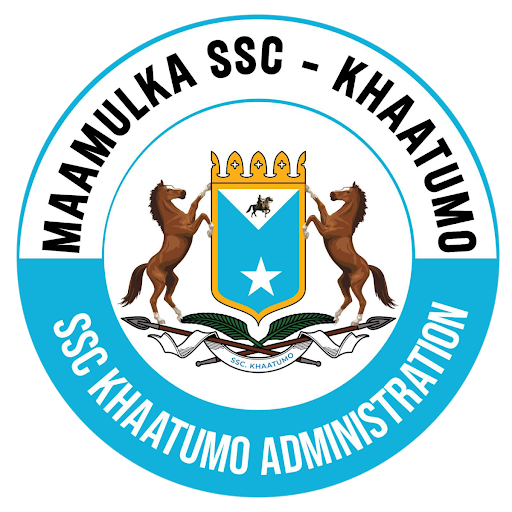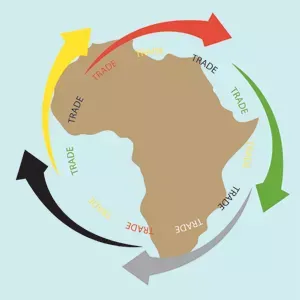I over halvannet år har Sudan blitt revet i stykker av en brutal krig mellom regjeringsstyrkene (SAF) og den paramilitære gruppen Rapid Support Forces (RSF). Mer enn tolv millioner mennesker er flyktninger og FN beskriver situasjonen som den største humanitære flyktningkrisen i verden i dag. Likevel er Sudan nesten fraværende i internasjonale medier. Stillheten rundt Sudan avslører mer enn bare en svikt i nyhetsdekningen – den viser hvordan makt, økonomi og geografi påvirker hvilke liv og historier som blir verdsatt i verdens offentlighet.
En av årsakene til at Sudan har falt ut av medienes søkelys, er at landet ikke passer inn i stormaktenes geopolitiske interesser. Krigen i Ukraina handler om forholdet mellom Vesten og Russland, mens konflikten i Gaza griper inn i internasjonal politikk og berører USA, Europa og Midtøsten. Slike konflikter skaper tydelige fronter som verdens medier kan formidle: demokrati mot diktatur, okkupasjon mot motstand, Vesten mot Øst. Sudan derimot, representerer ingen av delene. Landet har ingen sterk alliert i Vesten, ingen umiddelbar trussel mot Vestens sikkerhet, og ingen ressurs som er avgjørende for verdensøkonomien. Dermed blir den menneskelige katastrofen der betraktet som fjern og politisk ubeleilig. Dette viser hvor tett sammenvevd nyhetsdekning og politiske prioriteringer er.
En annen grunn til stillheten er at konflikten er ekstremt vanskelig å dekke journalistisk. Mange av områdene i Sudan er utilgjengelige for utenlandske journalister. Krigssonene kontrolleres av væpnede grupper, og sikkerheten er så dårlig at det er livsfarlig å reise inn. Samtidig er internett- og telekommunikasjon ofte brutt ned, og informasjonsstrømmen stoppes bevisst av de krigførende partene. Nyhetsredaksjoner er i stor grad avhengige av bilder og video for å fange publikums oppmerksomhet. Når slike kilder mangler, og ikke kan bekreftes blir det vanskelig å formidle tragedien.
I tillegg kommer problemet med medietretthet. Etter år med krig i Ukraina, Gaza, Syria og andre deler av verden, opplever mange mennesker en form for “krigstretthet” – et emosjonelt metningspunkt der man ikke klarer eller ønsker å ta inn mer lidelse. Internasjonale medier kjenner publikums vaner og prioriterer saker som genererer klikk, seertall og annonseinntekter. Sudan blir dermed ofret til fordel for saker som er enklere å formidle og mer “nærme” i kulturell og geografisk forstand. Konflikten er også svært kompleks og vanskelig å forklare i korte nyhetsformat. Det finnes ingen tydelig helt og ingen entydig skurk. Både hæren (SAF) og RSF står bak alvorlige menneskerettighetsbrudd, og mange lokale aktører er involvert. For redaksjoner som må forenkle komplekse historier, blir Sudan en vanskelig sak å selge. Det er en konflikt uten klare og enkle linjer.
Stillheten rundt Sudan er derfor ikke tilfeldig. Den er resultatet av en sammenvevd kjede av politiske prioriteringer, økonomiske interesser, medielogikk og kulturelle fordommer. Når mediene tier om Sudan, mister vi mer enn bare nyheter. Vi mister vår evne til å føle empati i denne saken. For bak tallene finnes mennesker – mødre som gjemmer barna sine under angrep, familier som flykter uten mat eller vann, ungdommer som aldri får gå på skole igjen. Å snakke om Sudan handler derfor ikke bare om informasjon, men også om moral. Om å si at alle menneskeliv teller.
Derfor bør både internasjonale og norske medier ta ansvar for å bryte stillheten. Norge, som har et rykte som fredsnasjon, burde gå foran. Norske redaksjoner og myndigheter kan bruke sin stemme til å løfte Sudans folk frem i lyset, til å kreve handling og vise at deres liv også er viktige. For det som skjer i Sudan er en katastrofe som bør berøre oss alle. Denne stillheten er farlig – for når verden ikke forstår eller involverer seg, overlates Sudan til de samme kreftene som ødelegger landet.
Faisal Aligas,
Daglig leder – Isha Development Committee





